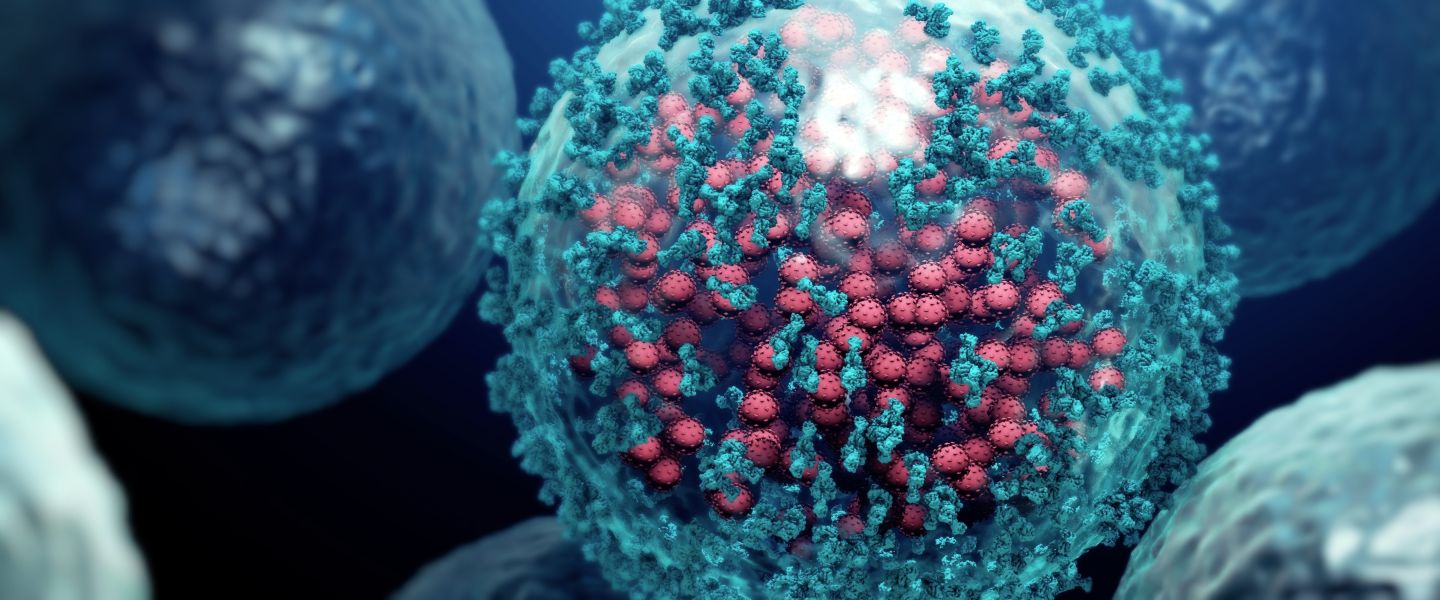SHARING / REPOSTING GUIDELINES: We're very happy to have posts/articles shared as direct links.
However, if you are replicating and re-posting information from this website or our posts, Abbey requests that you:
A) Only ever share articles in part (not in full). (eg. You can lift a paragraph as a way of introducing your readers to the topic) B) Be sure to always provide a direct link/URL back to the full original article here on the MyHealingCommunity.com website. Thanks in advance for your co-operation when sharing and re-posting any and all information that appears on this website.
Consult with a physician who possesses a deeper understanding of the complex biology of cancer and is educated and experienced in integrative therapies
Author Credit: The information in this post was originally shared to members of the Healing Cancer Study Support Group in August 2022. Permission to share the information here on MyHealingCommunity.com was granted by the author Dr. Daniel Thomas on March 20th, 2023.
Top 10 Questions To Ask Your Oncologist
- Dr. Daniel Thomas, DO, MSCancer is a serious and terrifying disease. If you have been diagnosed with cancer, your mind is probably filled with fear, worry, and questions. Therefore, it is extremely important to have an honest and frank discussion with your oncologist. To better understand your disease and treatment options, it is imperative to ask the right questions. If you are determined to beat cancer, here are the top 10 questions you need to ask your oncologist:
1. What is the rationale for your recommended treatment and is your expectation curative (achieving remission and long-term survival) or palliative (only improving quality of life)?
2. What are the likely side effects of treatment and how will you deal with each of them?
3. How do you plan to prevent damage to the DNA and mitochondria of my normal (healthy) cells?
4. How many of the eleven hallmarks of cancer will you be targeting?
5. Treatment resistance, systemic toxicity, and immunosuppression are leading causes of treatment failure and subsequent mortality. What is your plan to overcome these challenges if they occur?
6. Every drug that is used to treat malignancies must reach the cancer cells in the tumor environment at adequate concentrations to exert their intended cell-killing effects. Two obstacles that exist in the tumor environment that can prevent adequate delivery of cancer-killing substances are tumor interstitial hypertension and tumor density. What will you be doing to overcome these obstacles?
7. Studies have shown that a significant percentage of cancer cases have their roots in diet and lifestyle. Also, chemotherapy and radiation can lead to nutritional deficiencies. To address these issues, what diet, lifestyle, and nutritional supplements do you recommend that may improve my treatment outcome?
8. Cancer cells alter their metabolism to enable rapid growth and proliferation and enable treatment resistance. Targeting cancer metabolism as a therapeutic strategy can support conventional therapy. To improve my treatment response, what will you be doing to target cancer metabolism?
9. Cancer stem cells are thought to be a major cause of treatment failure, cancer progression, metastasis, and cancer recurrence. What will you be doing to target cancer stem cells since chemotherapy, radiation, and surgery do not target these cells and may stimulate them to proliferate and spread?
10. The tumor stroma (non-cancer cells in a tumor) has been shown to promote cancer initiation, progression, metastasis, and treatment resistance. Conventional cancer treatment is designed to target cancer cells. What will you be doing to simultaneously target the tumor stroma cells, such as cancer-associated fibroblasts and tumor-associated macrophages?
The above questions will help you prepare for your appointment so you will come away from the visit with the crucial information you need to move forward and fight cancer properly. Do not be afraid to ask these questions. Your health and very life may be on the line, so insist on complete answers from your oncologist. Ask a friend or family member to accompany you as a second set of eyes and ears to listen to what the doctor says. And be sure to take notes for later reference.
It is important to have your eyes wide open as you move forward, so please be aware that the oncologist may not be current in his or her understanding of cancer cell biology, how to lessen metastatic progression and improve therapeutic response using integrative therapies, or how to prevent disease recurrence. The oncologist may not be informed about the role that nutrition plays in fighting cancer and may mock the idea of doing anything to target cancer hallmarks (including cancer metabolism), cancer stem cells, the tumor stroma, or improving drug delivery to tumors, and might be dismissive of anything outside of conventional therapy. Therefore, I urge to you also consult with a physician who possesses a deeper understanding of the complex biology of cancer and is educated and experienced in integrative therapies.
Please do not contact my office as my practice is full and I am unable to see new patients.
- Dr. Daniel Thomas, DO, MS Mount Dora, Florida, USA
Community recommended Integrative and Naturopathic Oncologists
- Nancy’s list (International): nancyslist.org/integrative-therapies-practitioners/
- Yes to Life Directory UK: yestolife.org.uk/life-directory/
- FABNO/Naturopathic Doctors Specialized in Oncology https://oncanp.org
- Mistletoe & Telemedicine doctors https://believebig.org/resources/integrative-practitioner
Download and print a copy of the top 10 questions to ask your oncologist.
DISCLAIMER: Any and all information in this post was gathered from published research in cell lines or animals, or from typical clinical use. It may not be complete, may not have not been verified in humans, and is NOT meant or given as medical advice, but only as a guide to further exploration.







